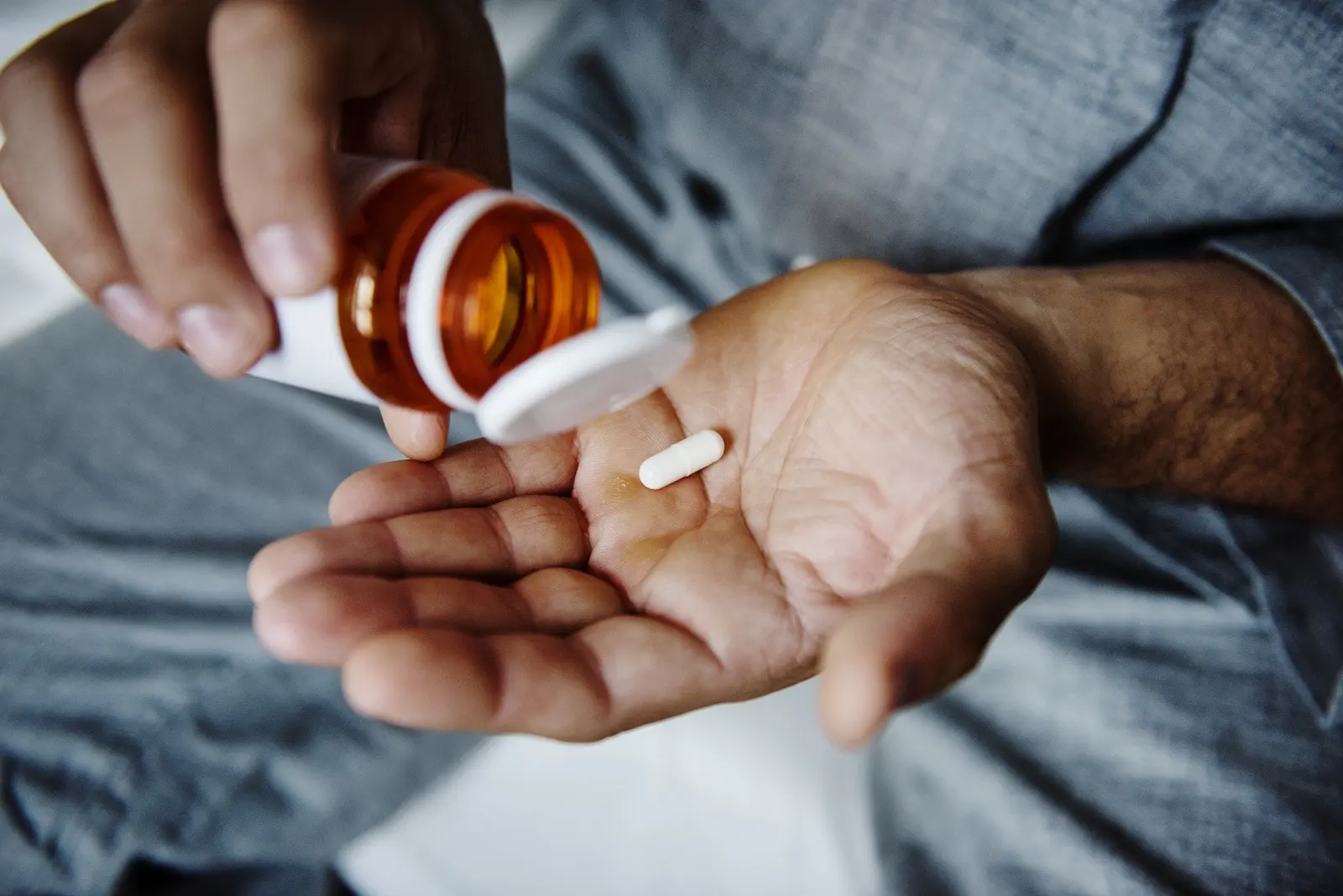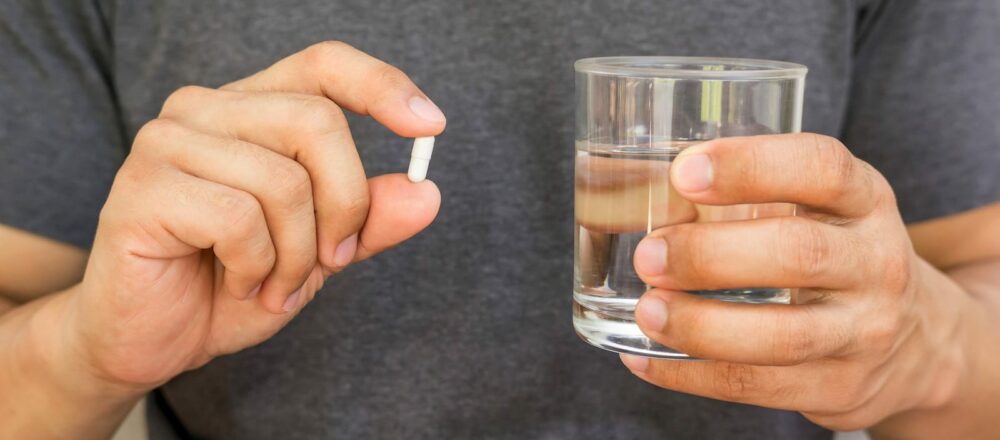Table of Contents
Detoxing from opioids is difficult. It requires determination, support from clinical and medical professionals, and focus.
By having the right tools and mindset when detoxing off opioids, one can transition from addiction to abstinence more easily and successfully and continue to stay on the path of long-term sobriety for the future.
If unfamiliar with what withdrawal symptoms to expect when overcoming addiction, taking time to learn what to expect can help prepare and lessen the anxiety of the unknown mentally.
Before beginning a drug detox, here are five tips from people who have successfully overcome addiction:
1. Make a Commitment to Detox Your Body
Committing to quitting is the first step to allowing your body to cleanse and repair itself from substance abuse.
After making a commitment, seek medically guided help to detox from opioids. Getting help from a professional is vital in transitioning to abstinence to avoid the dangerous consequences of opioid withdrawal. It is equally important not to rush the detox process and follow the medical professional’s guidelines for tapering off the opioid. Quitting “cold turkey” or withdrawing too fast could be life-threatening and, therefore, should be avoided at all costs.
2. Create Your Support Network
Detoxing takes determination and focus. By surrounding themselves with supportive friends and family, an opioid addict has a better chance of getting off drugs and staying off them in the long run.
However, it is not recommended that friends and family be the only support group surrounding a recovering addict. Since withdrawal can bring up difficult cravings, deep episodes of depression, and challenging physical/mental symptoms, clinically-trained professionals are recommended.
Furthermore, professional guidance, such as through therapy or counseling, ensures that the addict gets to the root of the desire to use drugs in the first place. This will make sure that they do not return to the drug in the future.
3. Treat Your Body The Right Way
During an opioid detox, the body is physically expelling a chemical and adjusting to life without it. The best thing to do during this period is to fuel it for success.
Treating the body well during detox can speed the process of recovery and lessen or alleviate some withdrawal symptoms. Commit to do as much as possible to alleviate withdrawal symptoms and help to fuel recovery.
Some actions you might choose to take are:
- Cutting back on coffee and cigarettes
- Drinking 80-100 oz of water per day
- Eating a nutrient-rich diet that will help your body recover
4. Employ Medical Help To Detox Your Body From Drugs
As mentioned previously, but needs to be reiterated, detoxing without medical guidance is dangerous—your body experiences all kinds of tension, anxiety, and physical effects on your journey to sobriety. At the same time, you are forced to face difficult mental challenges, unconscious traumas, and much more.
The truth is that someone addicted to opioids needs help to detox from drugs and then stay sober. The process requires medical aid, psychological support, and a holistic treatment plan to heal. By allowing the body to heal in a safe space with professional guidance, addiction recovery is more likely and sustainable in the long run.
5. Prioritize Sleep
Most of us don’t get enough sleep in the first place. But with withdrawal symptoms causing additional anxiety, getting enough sleep can be even more difficult.
It’s a double-edged sword: Withdrawal makes it harder to get quality sleep, but sleep is critical to healing.
The solution: Make sure to prioritize sleep.
Establish a consistent bedtime and stop your screen time at least 1 hour before bed.
Minimize light interference from street lights or traffic by buying a sleep mask or investing in light-blocking curtains.
Meditating or taking a hot bath before bed can also help put you in the right frame of mind for a successful night of zzzz’s. Above all else, detoxing is a time to focus 100% on you.
Taking the right steps to become your best self is important. With the right compassionate and trained medical professionals helping to aid recovery, detox from opioids and sustainability for long-term sobriety is possible. At Infinite Recovery, we tailor your recovery process to meet your individualized needs to ensure you or a loved family member gets the help they deserve. Please reach out to us, and we would love to discuss with you treatment options and how we can best meet your personalized needs.
Sources:
Infinite Recovery has sourcing guidelines and relies on peer-reviewed studies, academic research institutions, and medical associations for our references. We avoid using tertiary references as our sources. You can learn more about how we source our references by reading our Editorial Policy.
1. A Simple Meditation For Better Sleep. HuffPost. Published July 15, 2013. Accessed June 23, 2022. https://www.huffpost.com/entry/meditation-in-action-mindfulness-sleep_n_3586716
















